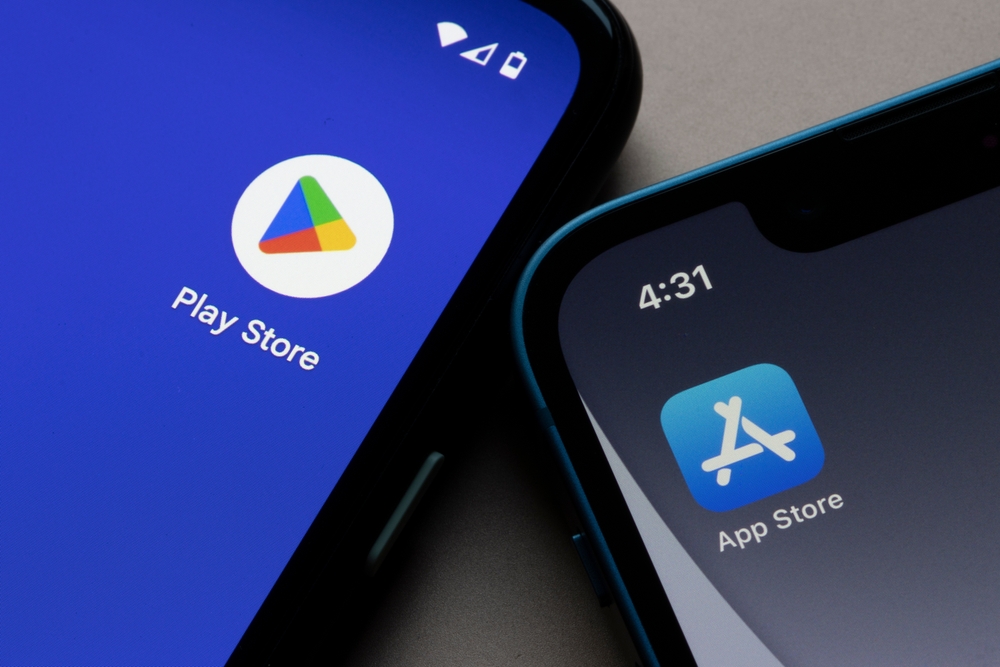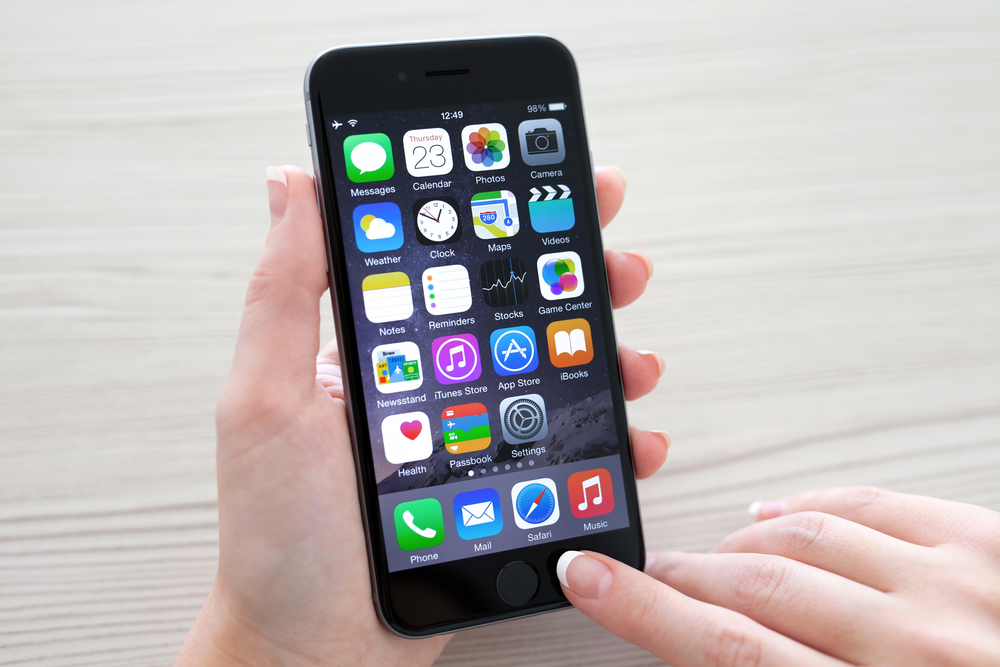
Boost Your Mobile App's Success: Expert Tips on Marketing and Promotion

Are you a developer or entrepreneur looking to launch your own mobile app? With millions of apps competing for attention in the crowded app market, it's important to have a solid marketing and promotion strategy to ensure the success of your mobile app. In this article, we will provide expert tips on how to effectively market and promote your mobile Android or iOS app to reach a wider audience and maximize its potential for success.
The Importance of Marketing and Promotion for Your Mobile App
In today's digital era, marketing and promotion play a crucial role in the success of any product, including mobile App Store or Google Play app s. Regardless of how great and innovative your app may be, without proper marketing and promotion, it is unlikely to gain the attention and traction it deserves.
A well-executed marketing and promotion strategy can help you:
- Boost app visibility and discoverability in app stores
- Increase app downloads and user acquisition
- Build brand awareness and credibility
- Engage and retain existing app users
- Drive revenue and monetization opportunities
Tips for Effective Marketing and Promotion
1. Define Your Target Audience
Before diving into marketing and promotion activities, it's crucial to clearly define your target audience. Who are the ideal users for your mobile iOS or Android app ? What are their demographics, interests, and pain points? By understanding your target audience, you can tailor your marketing messages and strategies to effectively reach and connect with them.
2. Optimize Your App Store Presence
With millions of apps available in app stores, optimizing your mobile app's presence is essential for gaining visibility and attracting users. Here are some key tips:
- App Name and Description: Choose a catchy and descriptive app name that reflects its purpose. Craft a compelling app description that highlights its unique features and benefits.
- Keywords: Research and include relevant keywords in your app's title and description to improve its search rankings within the app store.
- App Screenshots and Videos: Use high-quality, visually appealing screenshots and videos to showcase your app's interface, functionality, and user experience.
- App Ratings and Reviews: Encourage satisfied users to leave positive ratings and reviews, as they can significantly influence potential users' decision to download your app.
3. Leverage Social Media and Influencer Marketing
Social media platforms can be powerful tools for promoting your mobile app and engaging with your target audience. Consider the following strategies:
- Create Engaging Content: Regularly post informative and captivating content related to your app's niche. Use visually appealing images, videos, and infographics to catch users' attention and generate interest.
- Engage with Users: Respond to comments, messages, and reviews promptly, showing that you value and care about your users' feedback and satisfaction.
- Collaborate with Influencers: Identify influential individuals in your app's niche and collaborate with them on sponsored content or app reviews to reach a wider audience.
4. Implement App Store Optimization (ASO)
Similar to search engine optimization (SEO) for websites, app store optimization (ASO) focuses on improving your app's visibility in app store search results. Some key ASO strategies include:
- Keyword Research: Identify relevant keywords that users are likely to search for when looking for an app in your niche. Include these keywords in your app's title and description.
- Localization: If you plan to target users in different regions, consider localizing your app's metadata (e.g., title, description, screenshots) to cater to their specific language and cultural preferences.
- Optimize App Ratings and Reviews: Encourage users to rate and review your app, as positive reviews can improve your app's rankings and credibility.
5. Leverage App Analytics
App analytics can provide valuable insights into user behavior, engagement, and retention. By analyzing these metrics, you can make data-driven decisions to optimize your app's marketing and promotion strategies. Some key metrics to track include:
- Downloads and Installations: Monitor the number of app downloads and installations to measure the effectiveness of your marketing campaigns.
- User Acquisition and Retention: Track how users discover and install your app. Identify the most effective acquisition channels and optimize your marketing efforts accordingly.
- User Engagement: Monitor metrics such as session duration, frequency of app usage, and in-app interactions to gauge user engagement levels.
- Churn Rate: Measure the rate at which users abandon your app. Identify the possible reasons for churn and take steps to improve user retention.
Frequently Asked Questions
1. How long does it take to see results from my mobile app marketing efforts?
The timeframe for seeing results from your mobile app marketing efforts can vary depending on several factors, including the competitiveness of your app's niche, the effectiveness of your marketing strategies, and the size of your target audience. Generally, it takes time and consistent effort to build traction and gain a significant user base. Patience and continuous optimization are key.
2. Should I invest in paid advertising for my mobile app?
Investing in paid advertising can significantly boost your app's visibility and user acquisition, especially in the early stages. However, it's important to carefully plan and execute your paid advertising campaigns to ensure maximum return on investment. Consider starting with a small budget, testing different ad formats and targeting options, and closely monitoring the performance to optimize your campaigns.
3. How can I encourage app users to leave reviews and ratings?
Encouraging app users to leave reviews and ratings requires a proactive approach. You can prompt users to rate and review your app through strategic in-app messages or push notifications. Offering incentives, such as exclusive content or in-app rewards, can also motivate users to take the time to rate and review your app.
4. What are the best social media platforms for promoting my mobile app?
The most suitable social media platforms for promoting your mobile Google Play or App Store app depend on your target audience demographics and interests. Facebook, Instagram, Twitter, LinkedIn, and YouTube are popular choices. Conduct research and identify the platforms where your target audience is most active and engaged. Focus your efforts on those platforms to maximize your reach and engagement.
5. How often should I update my mobile app?
Regular updates are important for maintaining user interest and satisfaction. Aim to release updates at least every few months to address bug fixes, introduce new features, and improve overall user experience. However, ensure that updates are tested thoroughly to avoid introducing new issues or disruptions to the user experience.
In conclusion, effective marketing and promotion are crucial for the success of your mobile app. By defining your target audience, optimizing your app store presence, leveraging social media and influencer marketing, implementing app store optimization techniques, and leveraging app analytics, you can significantly boost your app's visibility, downloads, and overall success. Remember to continuously monitor and adapt your strategies based on user feedback and data insights to achieve the best results.
Other useful resources
- https://www.appguru24.com/android-app-promotion/
- https://www.appguru24.com/promote-android-app/
- https://en.wikipedia.org/wiki/IOS
- https://www.appguru24.com/promote-ios-app/